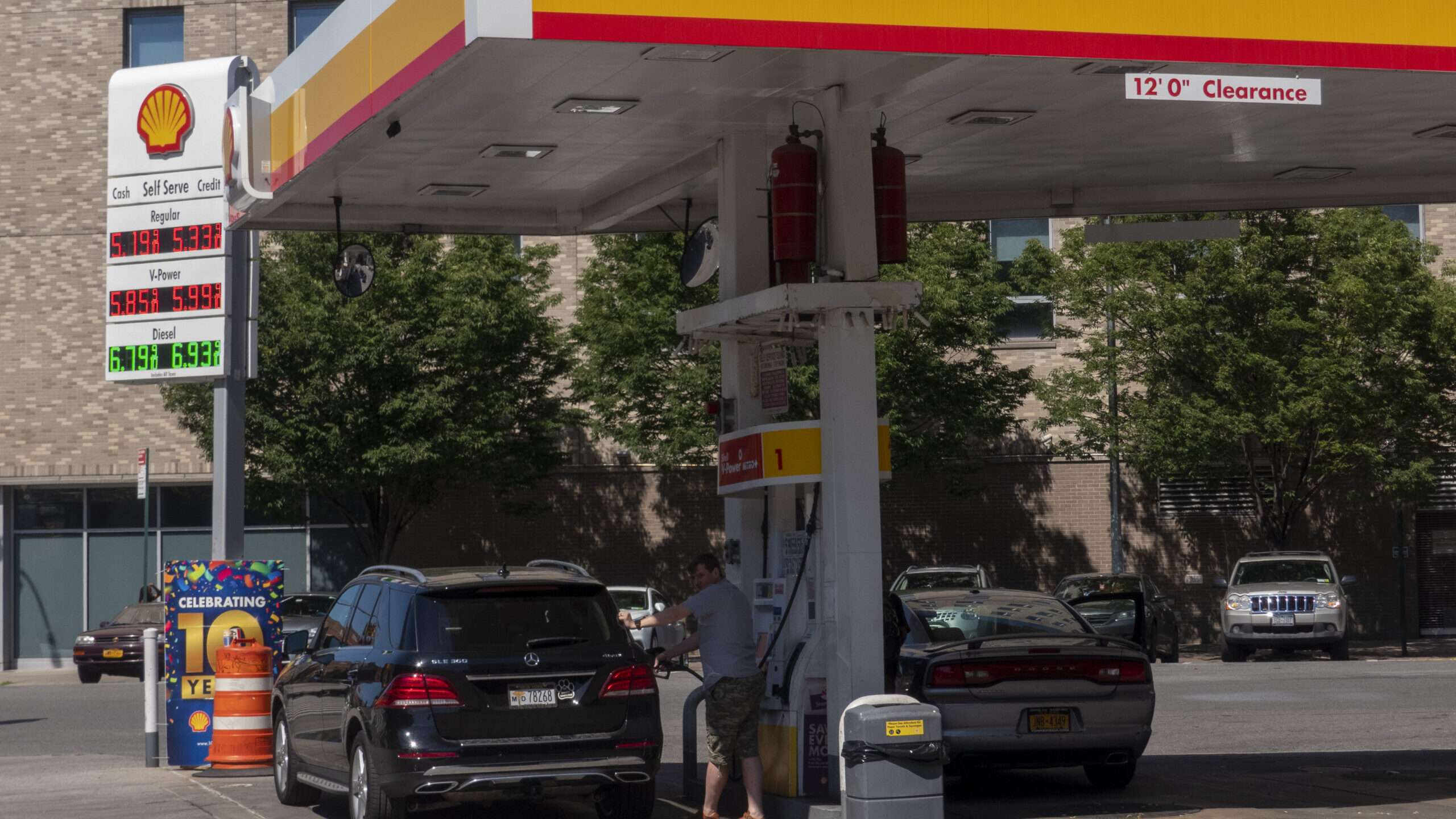

Over the holiday weekend, President Joe Biden discovered a new scapegoat for persistently high gas prices: Americans who own and operate gas stations.
“My message to the companies running gas stations and setting prices at the pump is simple: this is a time of war and global peril,” Biden tweeted on Saturday. “Bring down the price you are charging at the pump to reflect the cost you’re paying for the product. And do it now.”
It arguably lacks the pomposity of former President Donald Trump’s memorable tweet that “hereby ordered” American companies to stop doing business in China, but the content is equally unhinged. Biden has been aggressive about using vague executive powers to shape the economy in recent months, but that doesn’t change the fact that an American president has no business whatsoever telling gas stations how much to charge at the pump.
If the tweet merely overstepped the limits of executive authority, though, it wouldn’t be as noteworthy—that sort of thing is almost an everyday occurrence. It’s also a telling example of just how little the Biden administration seems to know about what it believes it can design.
It would take no more than a few minutes of a White House adviser’s time to learn that the “companies running gas stations and setting prices at the pump” in most cases aren’t companies at all. More than half the gas stations in the country are single-store operations run by an individual or a family, according to the Association for Convenience and Fuel Retailing (NACS), a trade association representing the stores that sell more than 80 percent of the gasoline American consumers use.
A “Shell” or “Exxon” logo on the canopy above a filling station doesn’t mean those oil companies own the gas station. All it means is that the station’s owners have contracted with that company for the right to advertise the well-known brand. It’s the same as having a neon “Coors Light” sign hanging in a bar—which doesn’t mean MillerCoors owns the establishment.
And those gas station owners aren’t raking in massive profits, either. Over the past five years, retailer gross margins have averaged 10.7 percent of the overall price of gas, according to NACS data. But most of those profits come from selling food, drinks, cigarettes, and the like.
The Hustle, a business and tech newsletter, put together a useful breakdown of the economics of gas stations last year. “Selling gas generally isn’t very profitable” due largely to intense price competition among retailers and the ease with which consumers can shop around (because they are literally in their cars). On fuel alone, gas stations have an average margin of 1.4 percent.
If gas stations sold fuel at cost, consumers might hardly notice the difference—but the small-time entrepreneurs running those stations would have a harder time making ends meet.
Biden’s ignorance about gas stations sounds like a replay of Sen. Elizabeth Warren’s (D–Mass.) attempt at blaming higher food prices on greedy grocery store owners—despite the fact that they often operate on similarly tiny margins. It’s also a worrying sign when coupled with the fact that the White House has ordered the Department of Justice and FBI to investigate companies for earning “illicit profits” due to inflation. How can the Biden administration be trusted to police companies’ profits when it is demonstrating such economic illiteracy?
Biden’s gas station tweet is “either straight ahead misdirection or a deep misunderstanding of basic market dynamics,” tweeted Amazon CEO Jeff Bezos, a man who knows a bit about what it takes to run a successful business. Meanwhile, the U.S. Oil and Gas Association, an industry group, recommended that the “WH intern who posted this tweet” sign up for a basic economics class.
Maybe Biden should take the class too.
Story cited here.
Scroll down to leave a comment:





